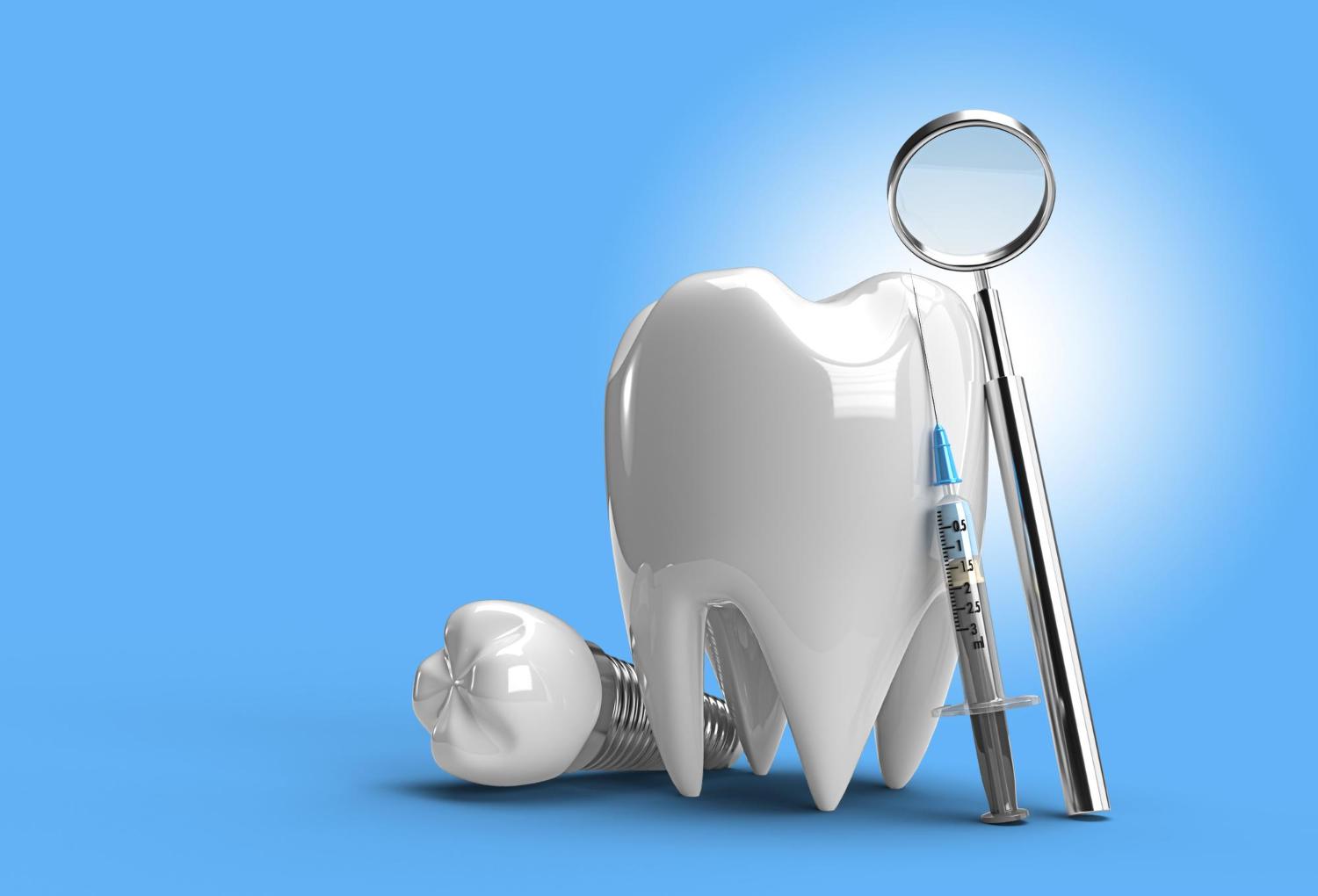Dental health issues rarely appear overnight. In many cases, early symptoms are brushed off as harmless or temporary. However, these small signs can be early warnings of deeper problems developing beneath the surface. Recognising when to consult dentistry services is not just about toothaches, it’s about understanding how oral health is connected to your overall well-being.
Persistent Bad Breath Beyond Diet or Hygiene
Morning breath is normal, but persistent halitosis—despite brushing, flossing, and rinsing—may indicate gum disease, decay, or bacterial infections. Chronic bad breath is often linked to plaque buildup or deeper periodontal problems. If others are noticing it before you do, it’s time to get a professional evaluation.
Bleeding Gums Are Not Normal
Many people assume bleeding while brushing or flossing is simply a result of brushing too hard. In reality, it’s a sign of inflammation. Gingivitis, the earliest stage of gum disease, is entirely reversible with timely intervention. Ignoring it risks progression to periodontitis, which can lead to tooth loss and systemic health complications.
Sensitivity to Hot, Cold, or Sweet Foods
Tooth sensitivity may seem minor, but it can indicate enamel erosion, microscopic cracks, or exposed dentin—conditions that require targeted treatment. Sensitivity that lingers or worsens suggests something more than just a surface-level irritation. An assessment will determine if it’s due to cavities, gum recession, or nerve involvement.
Frequent Headaches or Jaw Discomfort
Headaches that occur after waking or intensify through the day can be a sign of teeth grinding (bruxism). Often unconscious, especially during sleep, grinding puts pressure on jaw joints and surrounding muscles. Dentists can identify worn tooth surfaces and recommend bite guards or adjustments to prevent long-term damage.
Shifting Teeth or Gaps That Weren’t There Before
If you notice gaps widening, teeth loosening, or a change in your bite, you may be dealing with undiagnosed bone loss or advanced gum disease. These changes are usually slow and painless, which is why they often go unnoticed until the damage is significant. Prompt dental consultation can stabilise the condition and preserve your smile.
Recurring Sores or White Patches in the Mouth
Sores that don’t heal within two weeks, or white or red patches that linger, should always be assessed. While many causes are benign, persistent oral lesions can be early signs of infection or even oral cancer. The best dentist is trained to detect and investigate such abnormalities early.
Small symptoms often speak volumes. Consulting dentistry services when these signs emerge can prevent minor issues from becoming serious problems, saving not just your teeth, but your overall health in the long run.

